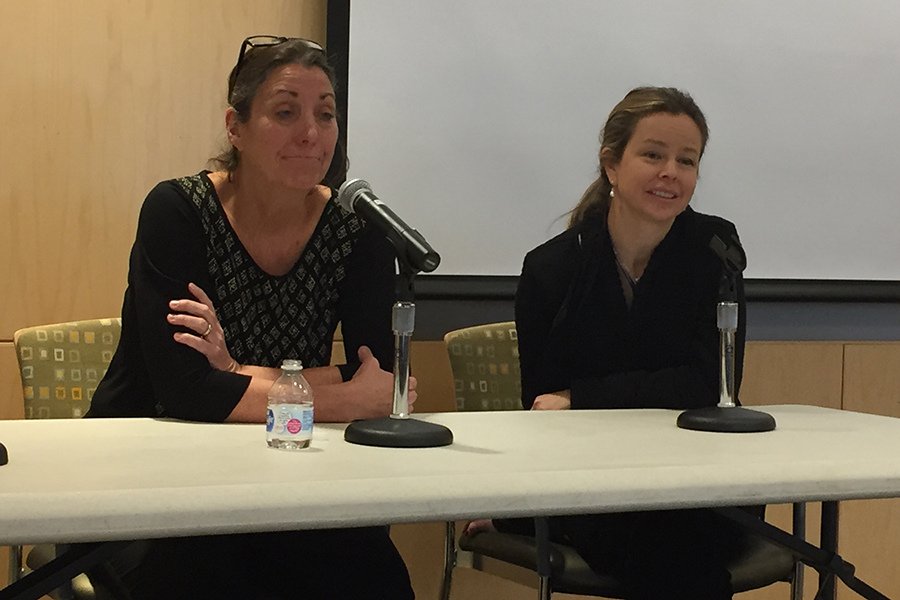
Brigham and Women’s Faulkner Hospital recently hosted “Clinical Update in Medicine: Current Concepts in Mental Health and Addiction Medicine,” a Continuing Medical Education (CME) course intended to provide primary care providers (PCPs) with a review of the prevalence and current evidence-based strategies for psychiatric and psychoactive substance use disorders that present initially in primary care.
Accredited by Partners HealthCare’s Office of Continuing Professional Development, the course was designed for physicians, nurse practitioners and advanced practice professionals. “PCPs are relied upon to be the front line for accurate diagnoses and treatment of psychiatric and psychoactive substance use disorders,” explains BWFH’s Chief Medical Officer Dr. Peggy Duggan. “In fact, most anti-depressant and anxiolytic medications are prescribed by PCPs. But the opioid crisis has made it clear, PCPs must stay up to date on their education around opioid prescribing and medication assisted treatment. This course was designed to do just that through lectures, Q&A sessions and panel discussions.”
Among the speakers were many representatives from BWFH’s Department of Psychiatry, including Chief of Psychiatry Dr. John Fromson, Director of the Dual-Diagnosis Partial Hospital Day Treatment Program Dr. Saria El Haddad, Director of the Outpatient Addiction Recovery Program Dr. Claudia Rodriguez, Director of Addiction Consult Psychiatry Dr. Samata Sharma and attending physicians Dr. Marcela Almeida and Dr. Benjamin Yudkoff.
“This range of panelists allowed us to touch on many topics,” says Dr. Duggan. “Participants left having learned how to employ appropriate screening instruments for patients with social phobia, generalized anxiety disorder, panic disorder and commonly co-morbid conditions. They also learned how to apply established diagnostic criteria to diagnose patients with depression, how to identify appropriate, evidence-based psychopharmacologic treatments for depression and anxiety disorders and how to summarize methods and evidence of effectiveness of Cognitive Behavioral Therapy (CBT) for these disorders. Finally, they learned how to identify characteristics of alcoholism and opioid use disorders as well as medication-assisted strategies to improve treatment outcomes of psychoactive substance use disorders.”
Dr. Duggan adds, “Those who attended were engaged and left with a lot of information to incorporate into their practice.”

Dr. Jane Erb, Psychiatric Director for Brigham and Women’s Hospital’s Behavioral Health Integration, and Dr. Marcela Almeida
Looking for more news from BWFH? Go to News to find articles about health, updates to our programs and services and stories about staff and patients.
Go to News